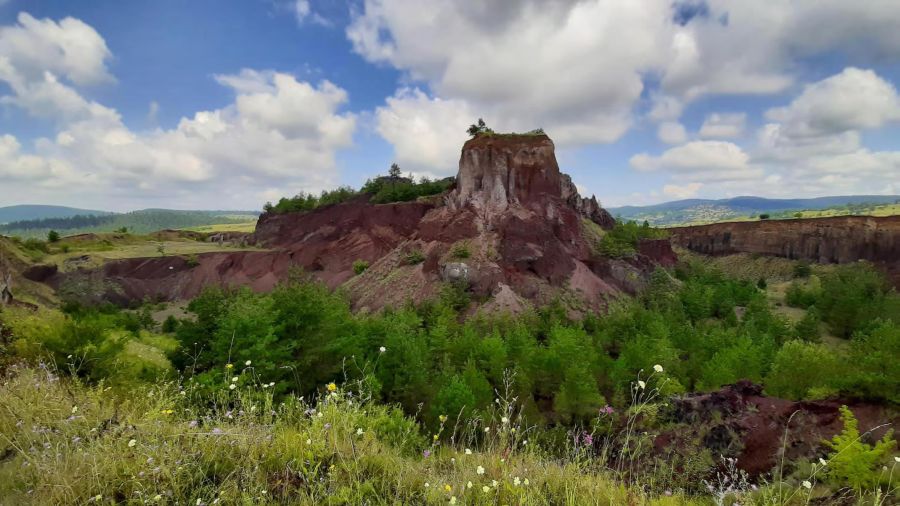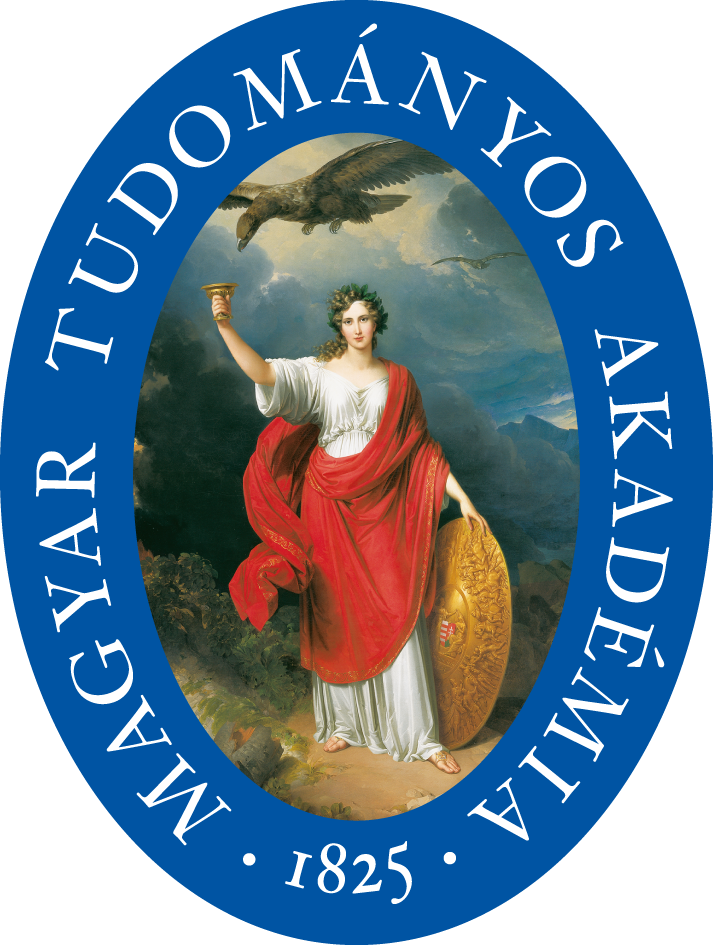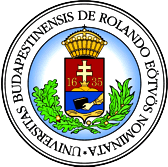
Although the epidemic limited us as well, the work did not stop for a minute. The determined members of our team work on articles with steam power, and we have also actively participated in conferences that are confined to virtual space.
May 25-29, 2020 The OXFORD GEOHERITAGE VIRTUAL CONFERENCE was organized by the Oxford University Museum of Natural History. The conference, launched after the 2018 EGU workshop in Portugal. In this year two of our researchers gave a presentation.
More than 600 applicants from the more than 60 different countries took part in the virtual conference, making it the largest conference to date focusing on geoheritage. All presentations were recorded and can be viewed on the conference’s YOUTUBE channel. It was a little weird to perform without audience and feedback, but it wasn’t just us struggling with that. Due to the number of lectures, the conference was five days long.
Our PhD student Ildikó Soós invited the audience for a virtual trip in a 15-minute lecture. On this "tour" she presented the natural (geotopes, biodiversity) and cultural heritage of the Persány Mountains. The main goal of all this is to establish a geopark in the area in the near future. After describing the volcanic geotopes, she flashed in 2 slides that one of our goals is to make the future geopark part of the planned Pannonian Volcano Route as well as the European Volcano Route. This is a unique initiative that will connect active and already extinct volcanoes. Confirming our plans, the Volcano Road Project has aroused great interest among the audience.
Our colleague Dr. János Szepesi talked about the details of an article to be published in the near future and shared his experience on the topic of geoeducation. Several comments were received in connection with the presentation and the unique landscape value cadastre, because the cadastre of cultural heritage at the national level is also unique at the international level.
Congratulations to the successful work of our colleagues!




